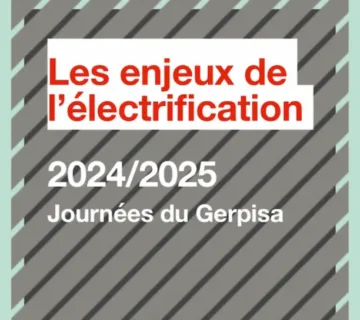- Tommaso PARDI - CNRS-IDHES, GIS-Gerpisa
This seminar presents key research findings from an IndustriALL – FES pilot project on the socio-economic impact of the transformation of the automotive industry in the Global South. The project involved an analysis of the transformations occurred around three main car-makers in Germany (Volkswagen and Mercedes-Benz) and France (Renault), and a comparison with parallel transformations in three auto-clusters located in the Global South – Pune (India), Tangier (Morocco) and the Eastern Cape (South Africa).
- The project was designed to respond to three main objectives.
- Firstly, the need to dig into the complexity of the transformation that is affecting the global automotive industry, and to explain some of its main trends linked to both digitalisation and electrification processes, seeking to explain both industrial strategies and union responses to the transition.
- Secondly, the need to highlight the actual, or potential, socio-economic impact of the observed transformations, with a particular focus on the Global South.
- Thirdly, the project aimed to underline the connection between Global North and Global South, highlighting how corporate strategies of OEMs in the Global North will impact the productive structure of the automotive industry in the Global South, and on the other hand, the possibility for trade unions in the Global South to learn from experiences already lived in the Global North.
Overall, a comparison of the German and French case indicated two different transition models, the type of restructuring they entailed and how the ongoing transformations have impacted the system of industrial relations in the two countries. Germany and France clearly exemplify different routes to a green and digital transition, with different business models and internationalisation strategies, in relation to different trade union systems. Understanding what type of restructuring is taking place, how this is impacting labour, and how trade unions have reacted so far, can be an important lesson for Global South countries, and for the world auto industry as a whole.
The three cases from India, Morocco and South Africa shed light on other crucial matters linked to the global transformation: the different comparative advantage and negotiating power of countries differently located in the global auto chain; the negative socio-economic effects of restructuring in contexts where working poverty and precarity are already the norm, but also some relative opportunities that might arise with the transformation.
These key issues, and more, will be discussed in the seminar – structured as a roundtable, where project leaders and country researchers will share findings and lessons from the field.
